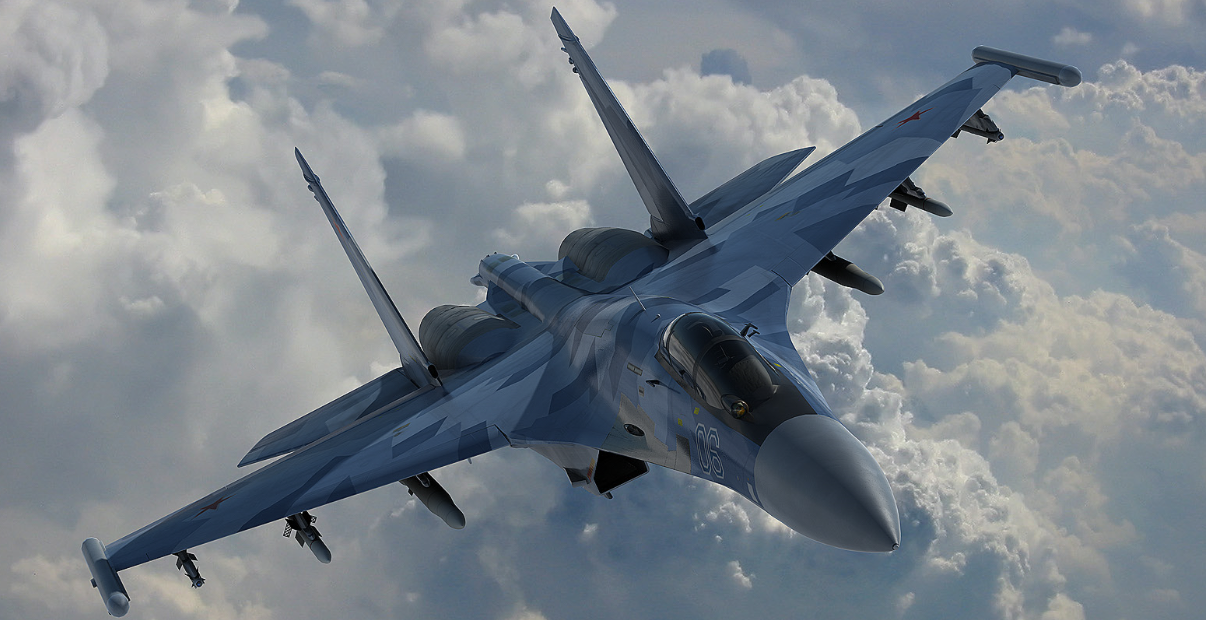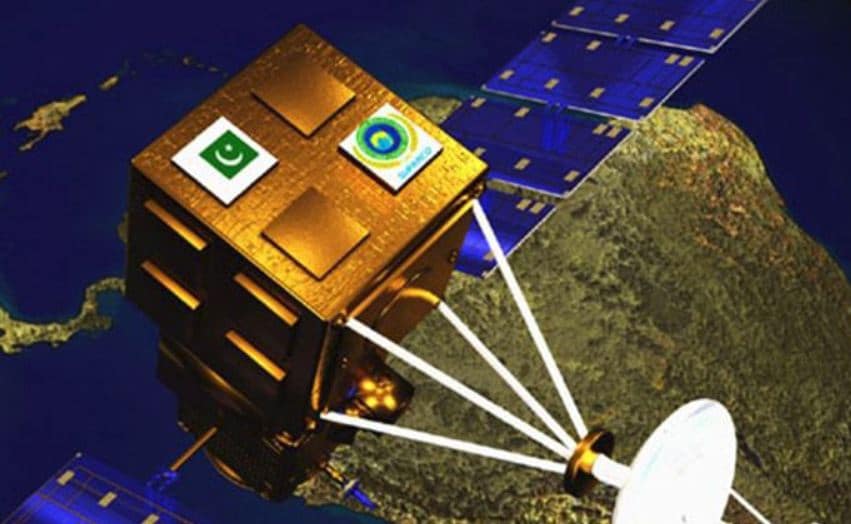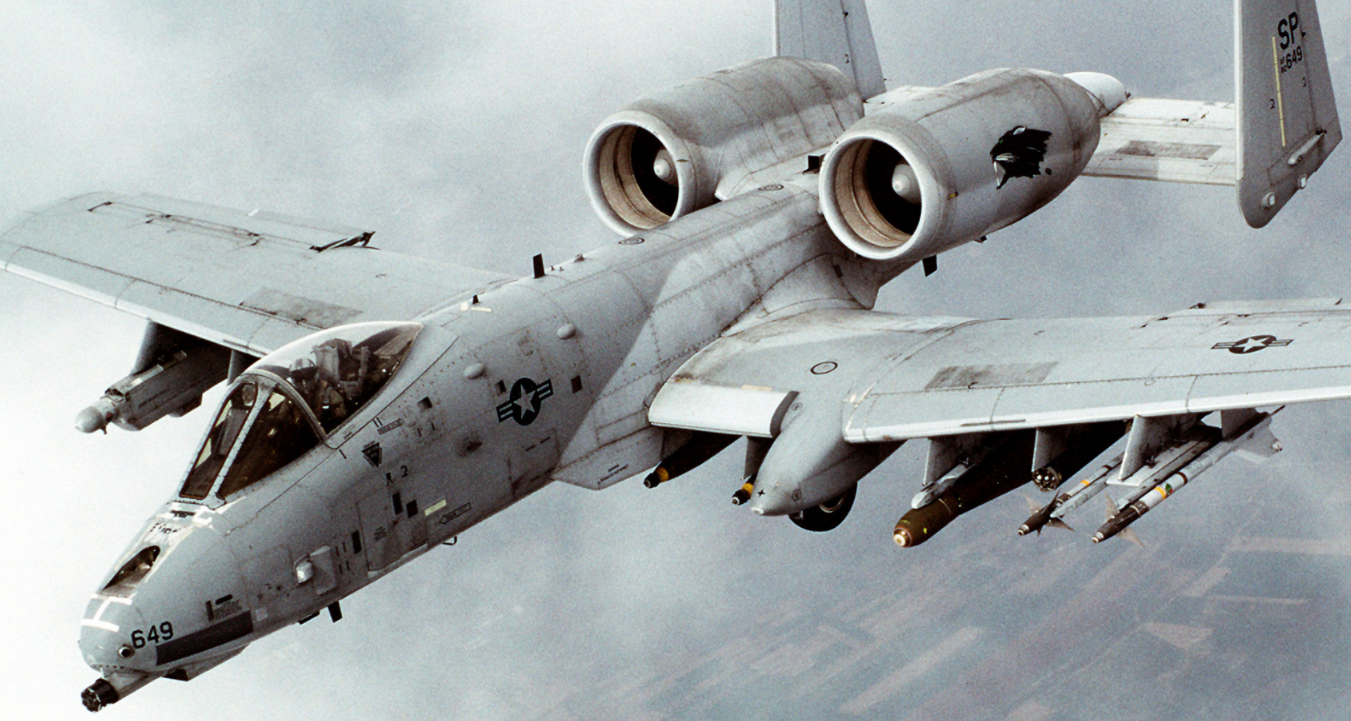2516Views 11Comments

Indonesia and Russia agree to Su-35 deal
Indonesia and Russia have agreed to a contract for the sale of Sukhoi Su-35 Flanker-E fighters to Indonesia.
Viktor Kladov, the Director of International Cooperation and Regional Policy at Rostec, a holding company of the Russian defence industry, confirmed the news to Russian News Agency TASS.
Indonesia’s defence minister, Ryamizard Ryacudu, had confirmed that Jakarta was in talks with Moscow for the purchase of eight Su-35s in December. The Indonesian Air Force (TNI-AU) is seeking to supplant its fleet of legacy Northrop F-5E Tiger II.
The Su-35 is the latest iteration of the Flanker-series. Powered by two 117S turbofan engines, which Sukhoi states provide substantial improvements in thrust over the AL-31F.
Its radar, the Irbis-E passive-electronically scanned-array radar, can detect and track up to 30 targets. It can engage up to eight. Sukhoi claims the Irbis-E can detect 3m2 radar cross-section targets at up to 400 km. The Su-35 uses an all-glass cockpit comprising of multi-function displays, hands-on-throttle-and-stick interface, and an information management system powered by two digital computers.
China became the launch customer of the Su-35 in November 2015 with a purchase of 24 aircraft for $2 billion. The People’s Liberation Army Air Force (PLAAF) began receiving its Su-35s in December.
Notes & Comments:
Jakarta set the budget for the program at $1.5 billion U.S. for 16 new aircraft. In addition to the aircraft, vendors were expected to provide commercial offsets and collaborative avenues with the Indonesian defence industry. Saab and Lockheed Martin were also competing for the contract.
The TNI-AU already operates the Su-27 and Su-30 MK/MK2, which gives the TNI-AU familiarity with flying the Flanker-series. However, the Su-35 is a new variant, one comprising of different turbofan engines and onboard subsystems than the TNI-AU’s current Flanker fleet.
The TNI-AU is also inducting 24 refurbished Lockheed Martin F-16C/D Block-25s. Under a $750 million contract, these F-16s were acquired using the Excess Defence Articles (EDA) program and put through an upgrade incorporating subsystems from the F-16C/D Block-50/52+.
Besides near-term acquisitions, the TNI-AU is also setting the groundwork for its long-term needs. In 2016, Jakarta signed onto the Korea Aerospace Industries (KAI) KFX next-generation fighter, committing to fund 20% of the KFX’s development.



11 Comments
by Steve
We really need 2-3 squadrons for maritime strike and protection of Gwader. As always Indians are moaning to all suppliers not to sell anything to Pakistan. Civilian and Army leaders need to talk to Putin. Offer them a role in this region in coordination with the Chinese. I hope we are proactive. Not replying to any Indian trolling and crowing which is sure to start!
by Bilal Khan
Pakistan’s annual procurement expenditure at this time is at $1.8 to $2.2 billion. A fighter deal’s annual payments have to fit within that range, which in of itself might be doable (with the seller providing credit and the support package being supported by the maintenance budget). However, there are two major roadblocks: (1) India’s ability to leverage its substantially larger market to pull prospective dealers away and (2) Pakistan’s upcoming elections.
The latter has generally been a cause for uncertainty in that the last time it happened it resulted in a 5-year period of austerity on the defence front, one that even caused JF-17 production to move very slowly. Had it not tumbled, the PAF would have had 36 – or even 55 – F-16C/D Block-52+ (or 36 F-16s + 36 J-10s).
You can ascribe the causes to many issues, e.g. mismanagement, debt repayments, etc, but at this time it doesn’t seem like the structural causes that led to that situation have changed, at all. If 2018 doesn’t end up in another 2008-2013, then I do think a big-ticket fighter deal will be put into the pipeline.
by ??Aaif khan
I think With the emergence of Indo-US back ISIS-k, Russia is now active in Afghanistan more than ever. I read that Its ambassador to Afghan recognize Taliban as legitimate group and is also accused by U.S for supplying them weapons. So it seems that Russia pakistan relation are growing and they share interest, Unlike India and US, Russia & pakistan wants stability in Afghanistan. Russia also need Gwadar as there is not a good future of its port facility in Syria. Pakistan has also awarded the 2$ billion contract to sanction hit Russian company for constructing pipeline.
Plus India’s FGFA seems to be officially dead now. So i think it won’t be much difficult to get su-35.
But why Not j-31 or Chengdu j20? Afterall China need Pakistan and i think a little more than human need clothes. China can also set up naval base near Gwadar, this will also do the job. I recently heard the construction of some naval base and airstrips there and now this Pentagon report.
But I believe that Pak shouldn’t rely on Chinese for everything.
by Bilal Khan
The earthquake had an impact, but I believe 2008-2013 was the real cause of the drought. That period coincided with the roughest part of Pakistan’s COIN operations, austerity resulting from balance-of-payment deficits and quick loans (a persisting structural issue today), a “controversial” gov’t and economic uncertainty (worse than today). Had we seen years like 2014-2017 in that period, then the PAF would have had 36 Block-52+ and 36 J-10 (or another 18 Block-52+).
Continuation of increases to the annual procurement budget after 2018 and greater availability of cash for imports (by localizing the supply of more systems, paying off earlier commitments such as the submarines, etc) will help bring a big-ticket fighter purchase to fruition.
That said, some remedies could be sought in the near-term. For example, TAI is in talks with LM to work on a SLEP for the F-16 Block-30. If the PAF can have this extended to the Block-25 and Block-32 – i.e. P&W-equipped jets sitting in the AMARC – and pair it with the AN/APG-83, JHMCS II, etc, it could get an affordable and valuable force increase.
by bill
So far most sane option for Pak is to go for J31 deal. If there are certain delays then should go for Chinese flanker variant like J15 or J16. In case of any hurdle from Russian side the issues may be resolved as Russia is eager to be part of CPEC.
by Headstrong
Does that mean that you people have given up on the Su-35s?
by Steve
Very informative thanks. I agree quick loans are poison and should be rid of asap. Even if we came up with the cash the biggest hurdle to F16’s from AMARC or anywhere for that matter is congress, and we all know (or maybe don’t know) how political leverage is bought and sold in DC. We need to be effective with American decision makers if we need more F16 as a stopgap. We do need more numbers~70 to establish a reasonable deterrent.
by umar rana
so is thee any chance we go for Russian planes??su-35??what you think of that plane for PAF
by Bilal Khan
It’s all conditional on the funding situation post-2018, but even then, I believe China will be the likeliest supplier.
by Ali Afzal
We couldn’t even buy 8 F-16’s ….
by Steve
It was Congress withdrawing the subsidy, not the permission to buy. If we agreed to pay full price we could have bought.